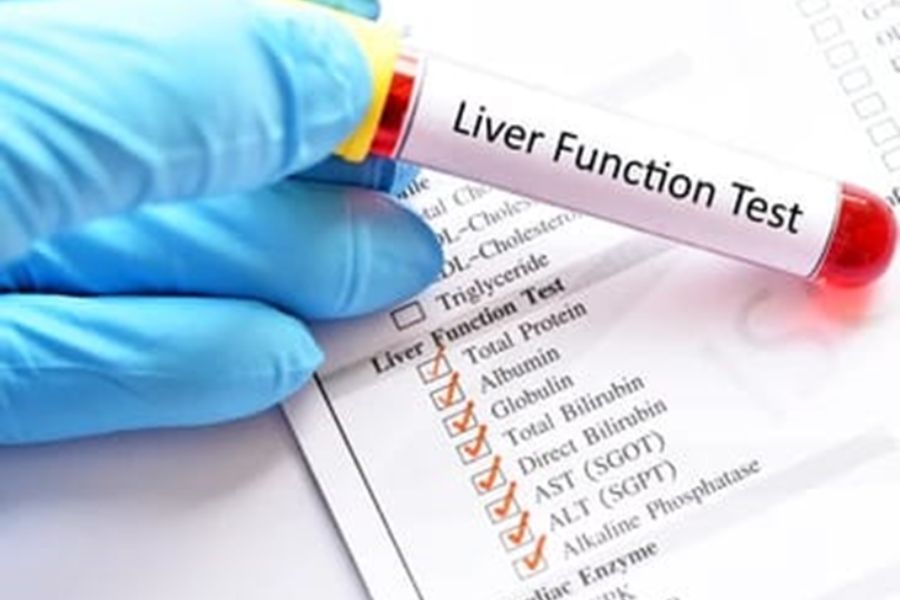The human liver performs several functions including the filtration of toxins, production of bile and regulation of various hormones. If a liver is not functioning properly, it can lead to numerous problems which, in severe cases, can be life-threatening. This is where a liver function test (LFT) comes in. An LFT is usually ordered by a doctor to assess the health of your liver and to diagnose liver diseases. In this article, we are going to discuss everything you need to know about a liver function test including its purpose and types.
What is a liver function test?
A liver function test is a blood test that measures the levels of different enzymes in your body. It is usually ordered by a doctor if the patient is experiencing symptoms of liver disease including fatigue, abdominal pain, jaundice or swelling in the legs. The test may also be ordered if the patient has risk factors for liver disease such as excessive alcohol consumption or a family history of liver disease.
What is the purpose of a liver function test?
There are several purposes of a liver function test including the following:
- Assessing the overall health of the liver and its condition.
- To diagnose liver diseases including hepatitis, cirrhosis and fatty liver disease.
- Monitoring the progression of specific liver diseases.
- Analysing the effectiveness of certain treatments for liver disease.
- To measure the levels of various enzymes and important proteins in your body.
- Detecting problems early to avoid complications.
- Help in guiding the treatment procedure by assessing the problem properly.
Types of liver function test
The five main liver function tests include the following:
- Liver enzymes test:
The primary objective of this test is to measure the levels of the various enzymes present in your liver. Some of the most important liver enzymes include alkaline phosphate (ALP), alanine transaminase (ALT), aspartate aminotransferase (AST) and gamma-glutamyl transferase (GGT). If your test results show a spike in the levels of these enzymes, then you are most likely affected by inflammation or injury in your liver.
- Total protein test:
This particular test helps in identifying the total protein content in your blood. Your liver is responsible for making and transferring protein to your blood. A low protein content suggests that your liver might not be functioning properly. It can also be a sign of an underlying health condition.
- Bilirubin tests:
This particular test helps in analysing the levels of bilirubin in your body. It is a waste product that is produced by the liver when the red blood cells get broken down. A significant build-up of bilirubin can suggest that your liver is not functioning as it should. A high bilirubin content can also lead to problems such as jaundice.
- LDH test:
Lactate dehydrogenase or LDH is an enzyme that is found in several tissues in your body, including the liver. LDH gets released only when the cells of these tissues get damaged. Hence, a high level of LDH can suggest liver injury or other problems.
- Prothrombin test:
This particular liver function test analyses how long it takes for the blood to clot. Prothrombin is a protein produced by the liver that is essential for blood clotting. If the clotting time is unusually high, it could be a sign of liver damage or injury.
A liver function test serves as a critical tool that is essential for assessing liver health and its function. It can be extremely helpful in curbing a disease in its early phase. If you are experiencing symptoms of liver disease or have a family history of liver-related problems, then you should consult your healthcare provider and take this test as soon as possible.
This is a sponsored article.










